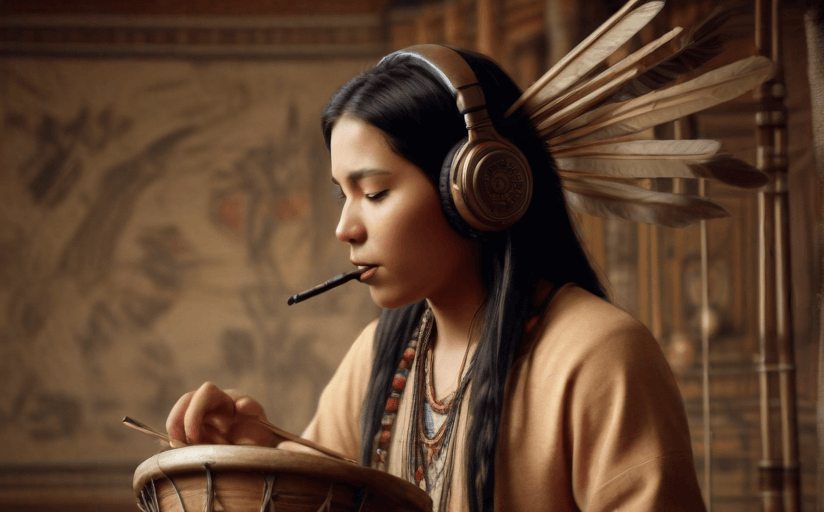Exploring the Influence of Indigenous Music on Contemporary Genres
Music is a universal language that transcends borders, connecting individuals globally. Throughout history, traditional indigenous music has played a significant role in molding and shaping contemporary music genres. This evolution is evident in various aspects such as origins, instrumentation, melody, and rhythm.
Origins and Characteristics of Indigenous Music
Indigenous music, deeply rooted in the culture and history of different ethnic groups, serves to preserve their heritage and customs. This type of music is invariably tied to everyday life, religious rites, and communal ceremonies. Particularly noteworthy characteristics of indigenous music include unique instrumentation, distinct melody, and an involving rhythmic structure that evoke a sense of identity and continuity.
Influence on Modern Music Forms
Modern music genres have been heavily influenced by elements of indigenous music. Blues, jazz, rock, pop, and even electronic music have borrowed significantly from traditional indigenous harmodies, rhythms, and sounds. The music industry has witnessed a blending of these elements into modern melodies, creating a mix of traditional and contemporary sounds that appeal to a vast audience. Famous artists like Paul Simon, Sting, and Peter Gabriel have incorporated aspects of indigenous music into their work, sharing it with mainstream audiences worldwide.
Notable Artists Championing Indigenous Music
- Paul Simon: His album 'Graceland' is a perfect blend of South African traditional music (Mbaqanga) with western pop and rock.
- Sting: Sting's 'Brand New Day' album featured elements of Algerian Rai music.
- Peter Gabriel: Renowned for using world music elements in his work, Gabriel's 'Passion' heavily sampled Middle Eastern and North African music.
The Importance of Preserving and Recognizing Indigenous Music
The preservation of indigenous music is vital as it constitutes an essential part of the world's cultural heritage. Regrettably, without the necessary recognition and support, some of these precious music forms are at risk of vanishing. Appreciating and acknowledging the deep contribution of indigenous music to contemporary music genres, while actively supporting its preservation, is paramount if we are to maintain this rich musical diversity.
In conclusion, the global music sphere has significantly benefited from the influence of traditional indigenous music. Promoting awareness and preservation of these ancient music forms are the best way to honor their contribution and keep the music alive for future generations to enjoy.



















Comments
Leave a Comment